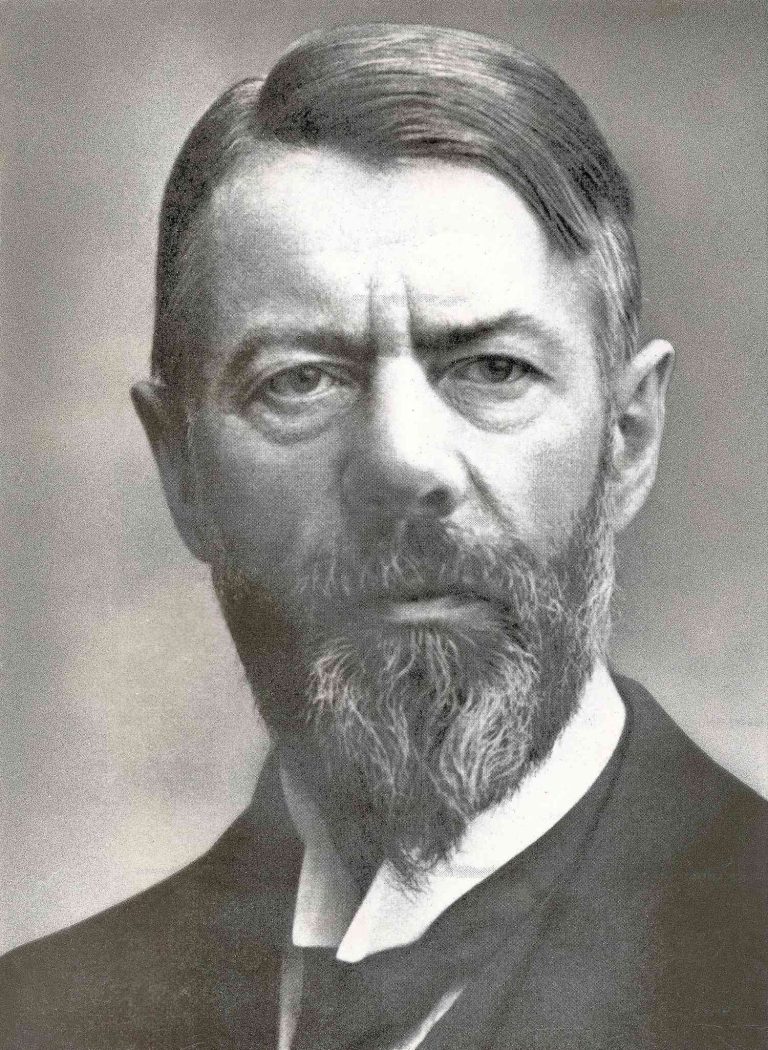Date of Birth: April 21, 1864
Zodiac Sign: Taurus
Date of Death: June 14, 1920
Biography
Max Weber, born Maximilian Karl Emil Weber, was a German sociologist, philosopher, and political economist known for his profound influence on social theory and social research. Born on April 21, 1864, in Erfurt, Prussia, Weber is considered one of the founders of modern sociology. His most famous work, “The Protestant Ethic and the Spirit of Capitalism,” explored the relationship between religion and economic behavior, arguing that Protestant ethics played a significant role in the development of capitalism. Weber’s academic career was distinguished, holding professorships at various German universities, including the University of Heidelberg and the University of Munich. His works covered a wide range of topics, including bureaucracy, authority, and the sociology of religion. Weber’s methodological approach emphasized the importance of understanding social action through interpretive means, a concept he termed “Verstehen.” Throughout his life, Weber was deeply involved in political activities and was a key figure in the establishment of the German Democratic Party. He passed away on June 14, 1920, in Munich, Germany, leaving behind a legacy that continues to influence contemporary social sciences.
5 Interesting Facts about Max Weber
1. Max Weber is considered one of the three founding figures of sociology, alongside Karl Marx and Émile Durkheim.
2. He introduced the concept of “ideal types” as a methodological tool in social science research.
3. Weber’s work on the sociology of religion included studies on Hinduism, Buddhism, and ancient Judaism, in addition to his famous work on Protestantism.
4. He served as a consultant during the drafting of the Weimar Constitution in post-World War I Germany.
5. Weber’s wife, Marianne Weber, was also a prominent sociologist and women’s rights activist who published his unfinished works after his death.
5 Most Interesting Quotes from Max Weber
1. “Politics is a strong and slow boring of hard boards.”
2. “The fate of our times is characterized by rationalization and intellectualization and, above all, by the ‘disenchantment of the world.’”
3. “He who seeks the salvation of the soul, of his own soul and of others, should not seek it along the avenue of politics.”
4. “Bureaucracy develops the more perfectly, the more it is ‘dehumanized,’ the more completely it succeeds in eliminating from official business love, hatred, and all purely personal, irrational, and emotional elements which escape calculation.”
5. “One can say that capitalism is identical with the pursuit of profit, and forever renewed profit, by means of continuous, rational, capitalistic enterprise.”
Highest Net Worth Achieved
As an academic and public intellectual during the late 19th and early 20th centuries, Max Weber did not accumulate significant personal wealth. His influence and contributions were primarily intellectual rather than financial.
Children
Max Weber did not have any children. He was married to Marianne Schnitger (later Marianne Weber), who was also a prominent sociologist and women’s rights activist.
Relevant Links
1. [Max Weber – Wikipedia](https://en.wikipedia.org/wiki/Max_Weber
2. [Stanford Encyclopedia of Philosophy – Max Weber](https://plato.stanford.edu/entries/weber/
4. [Max Weber’s Methodology – JSTOR](https://www.jstor.org/stable/657164

